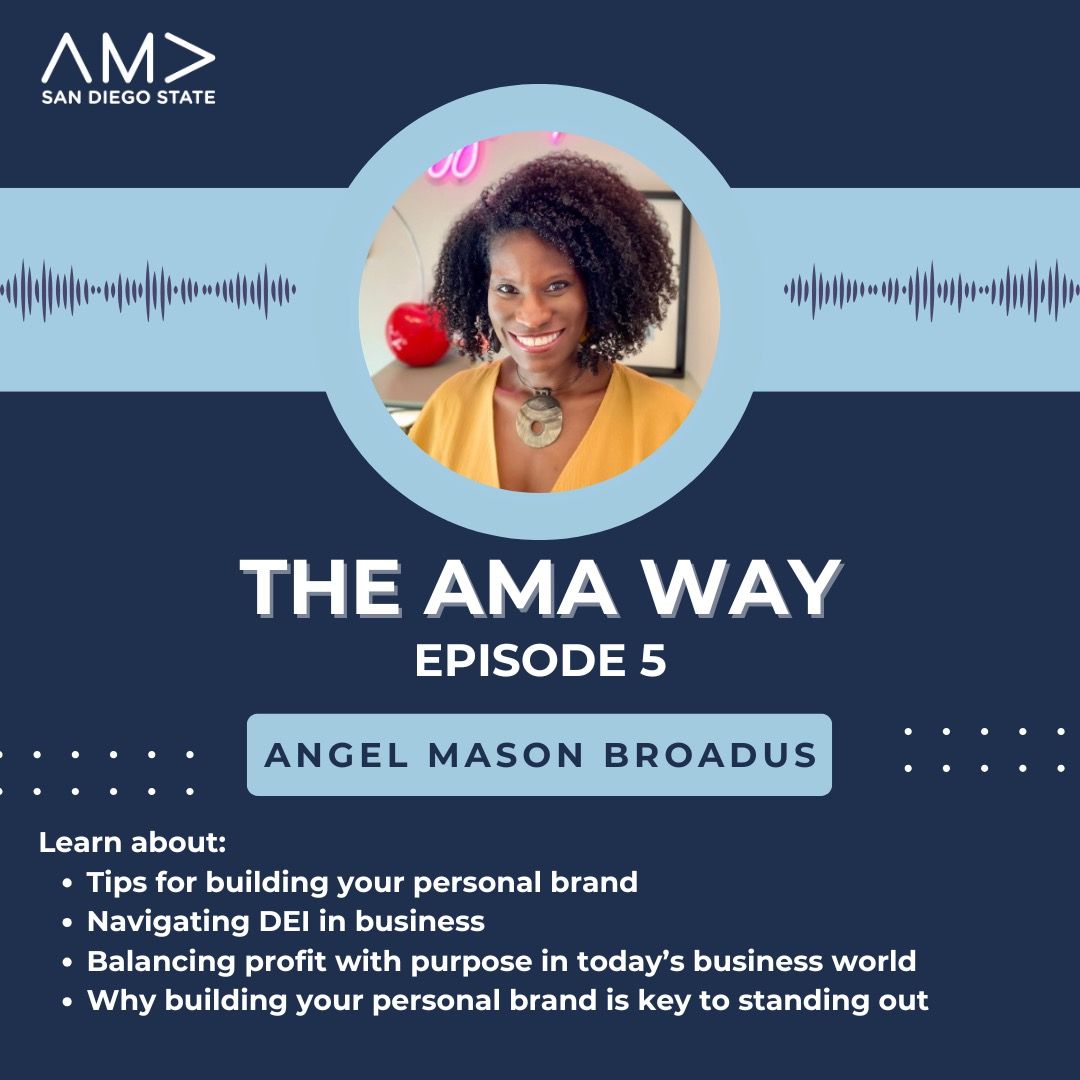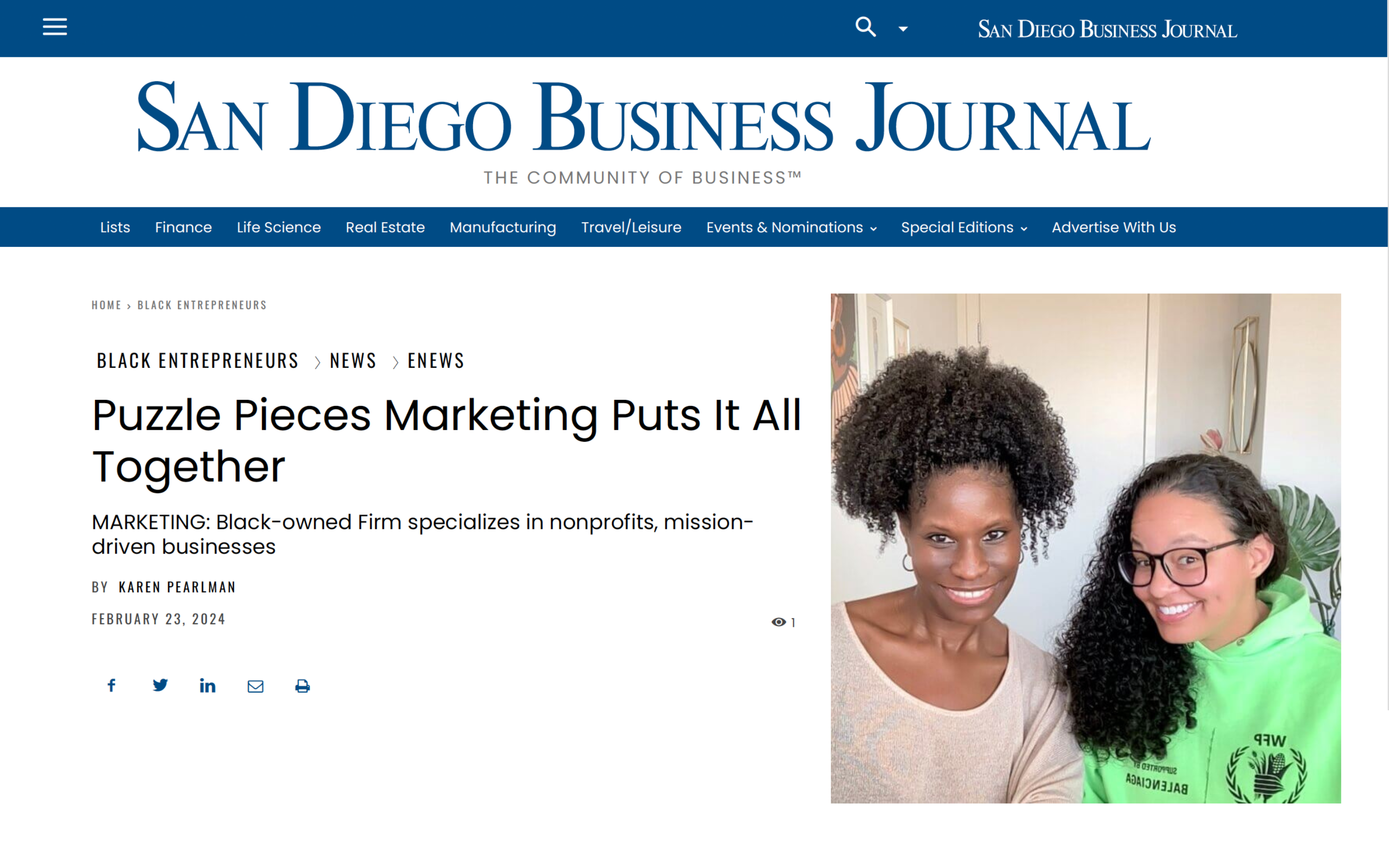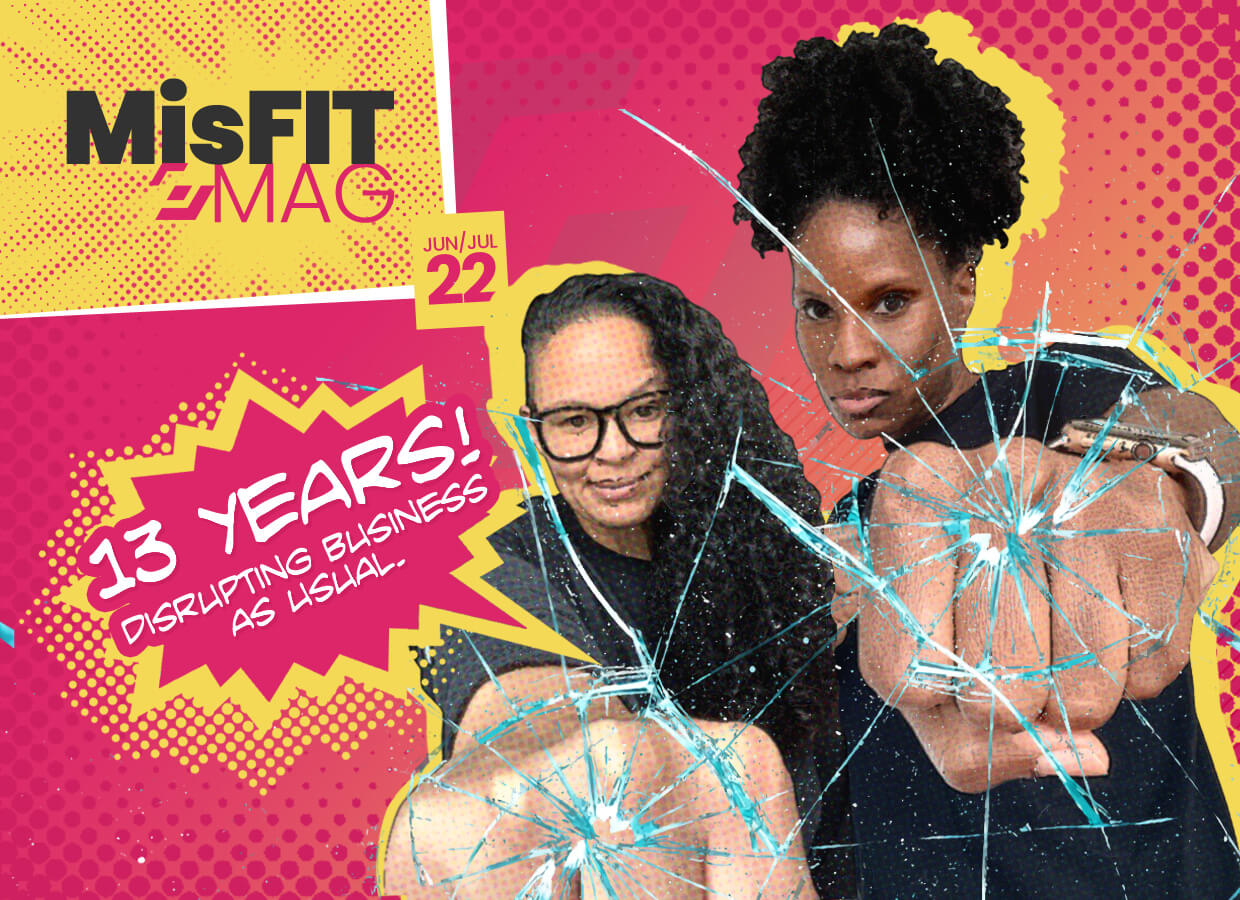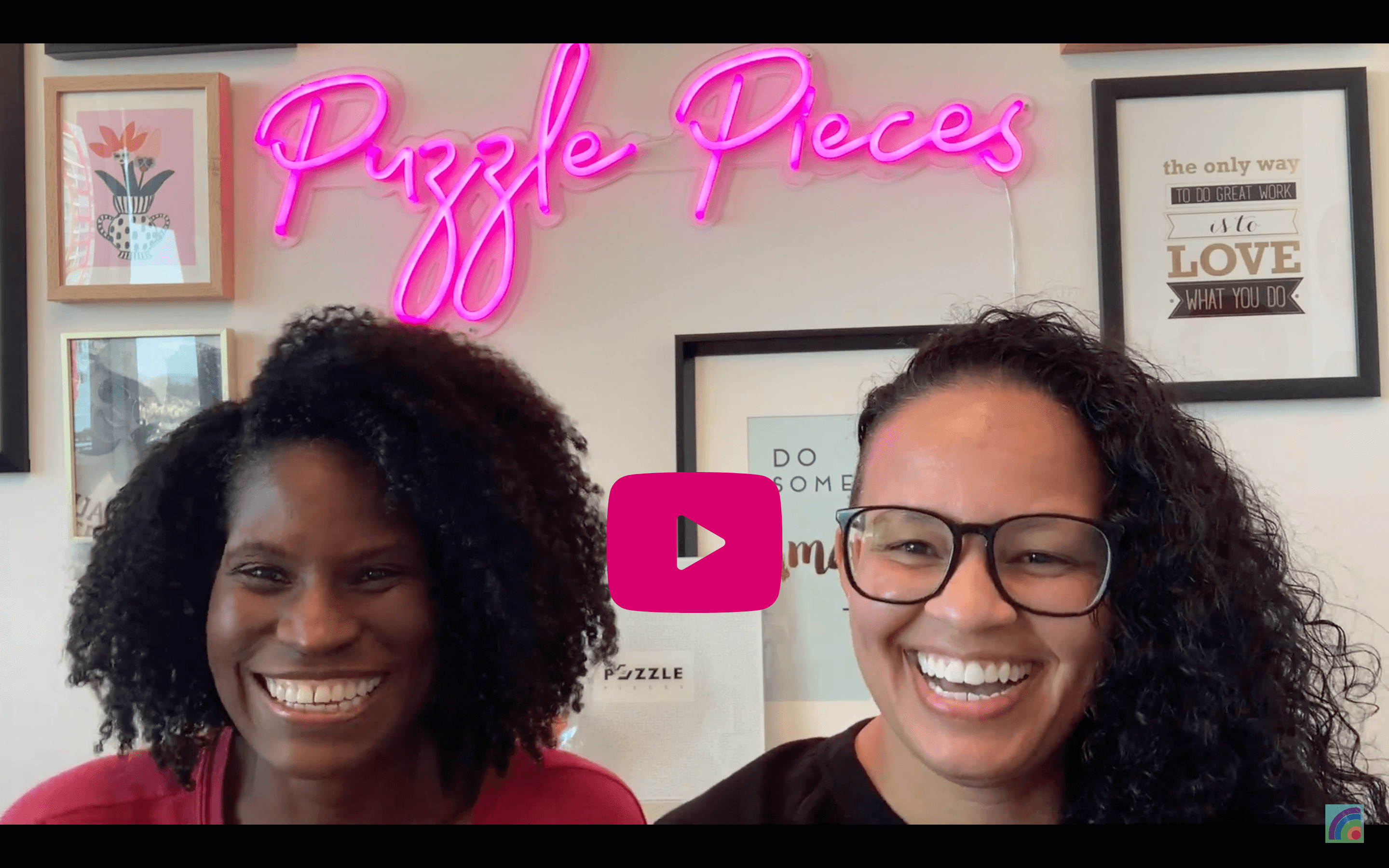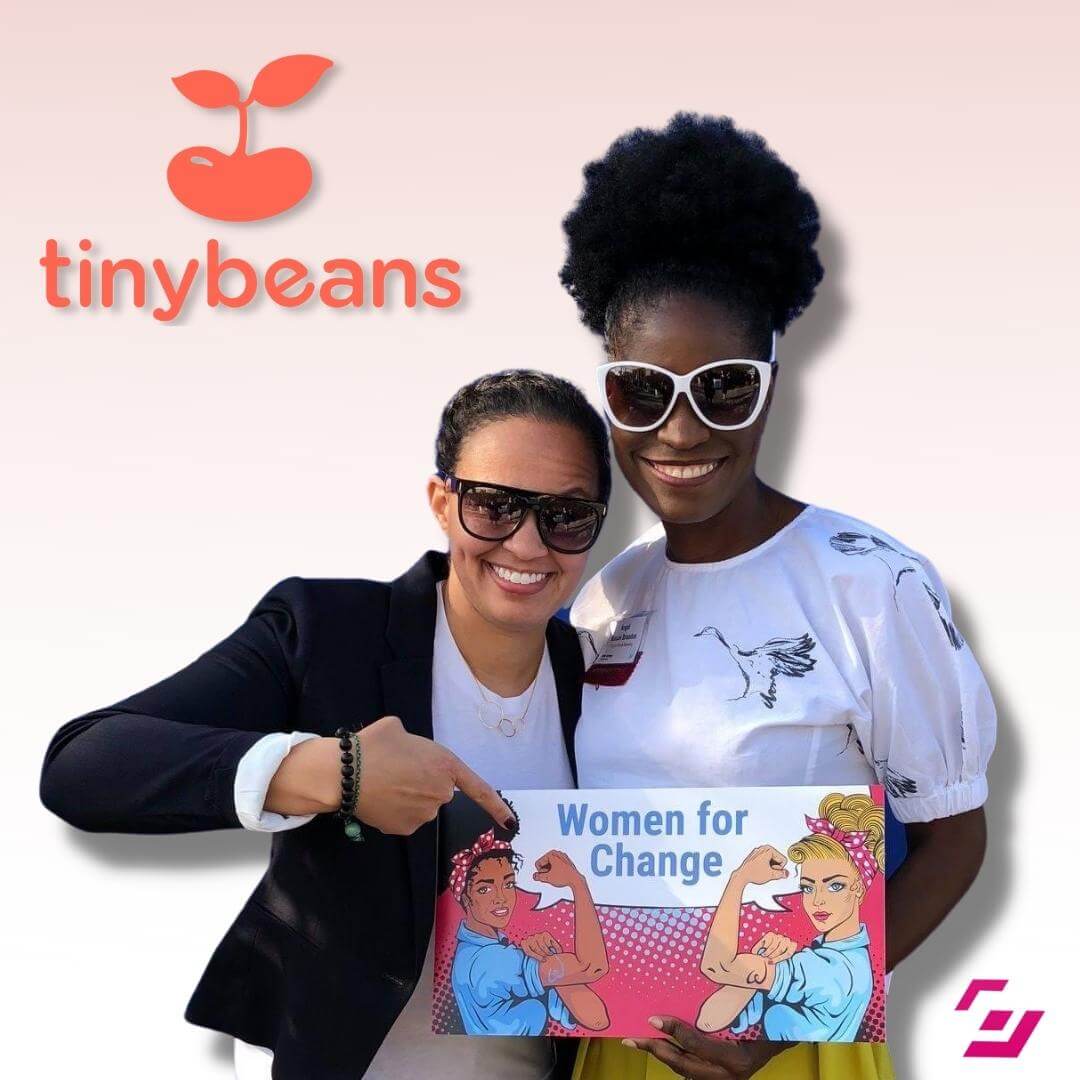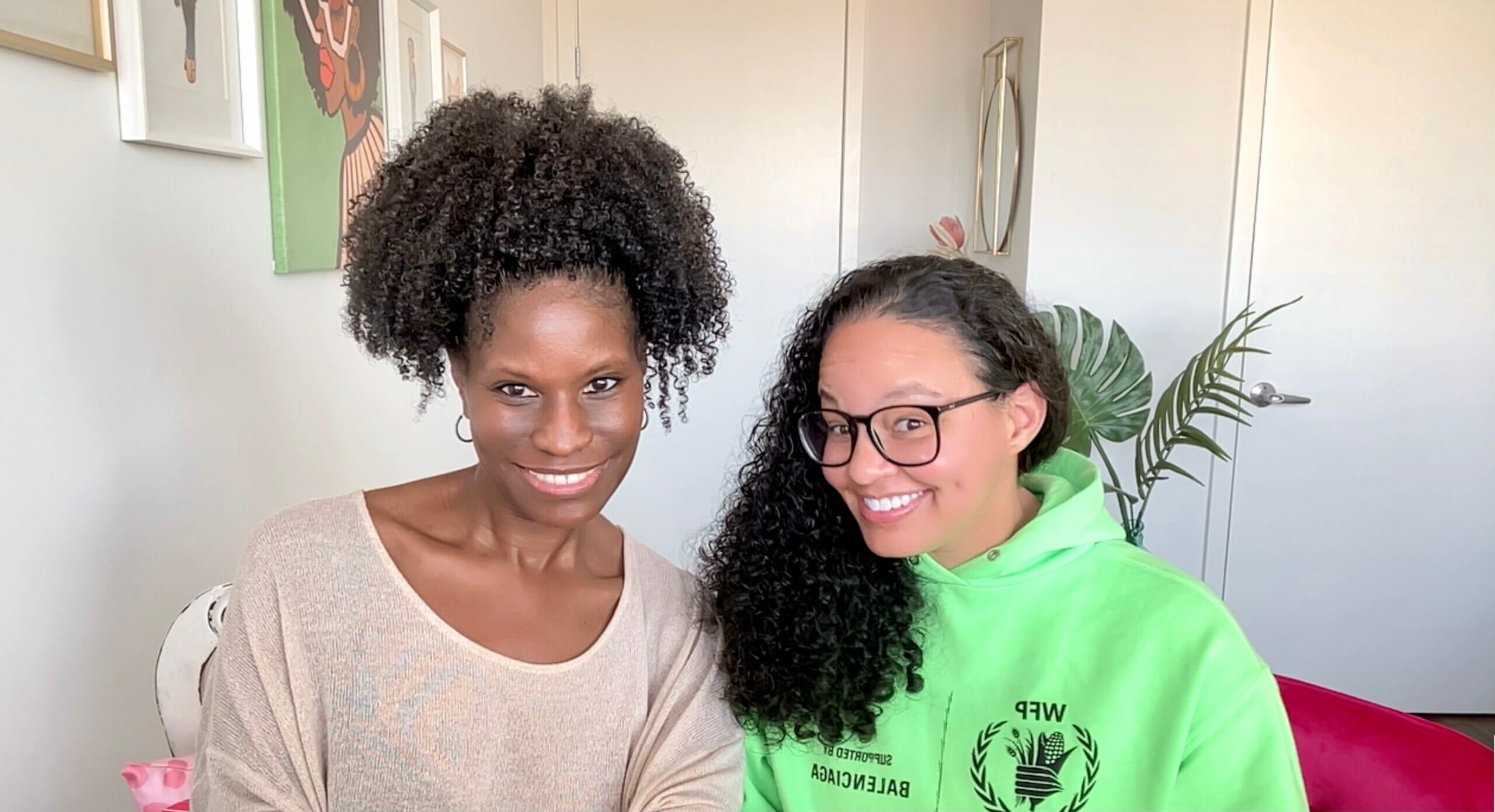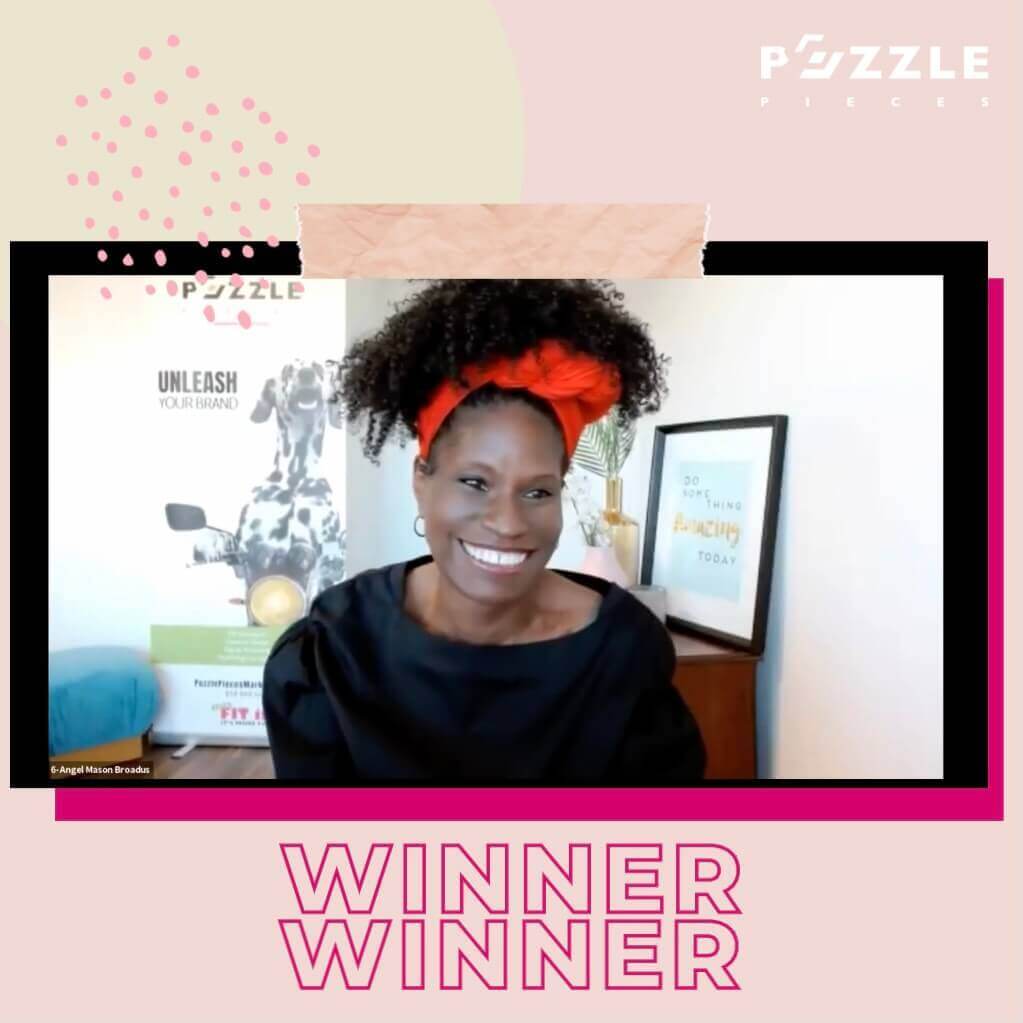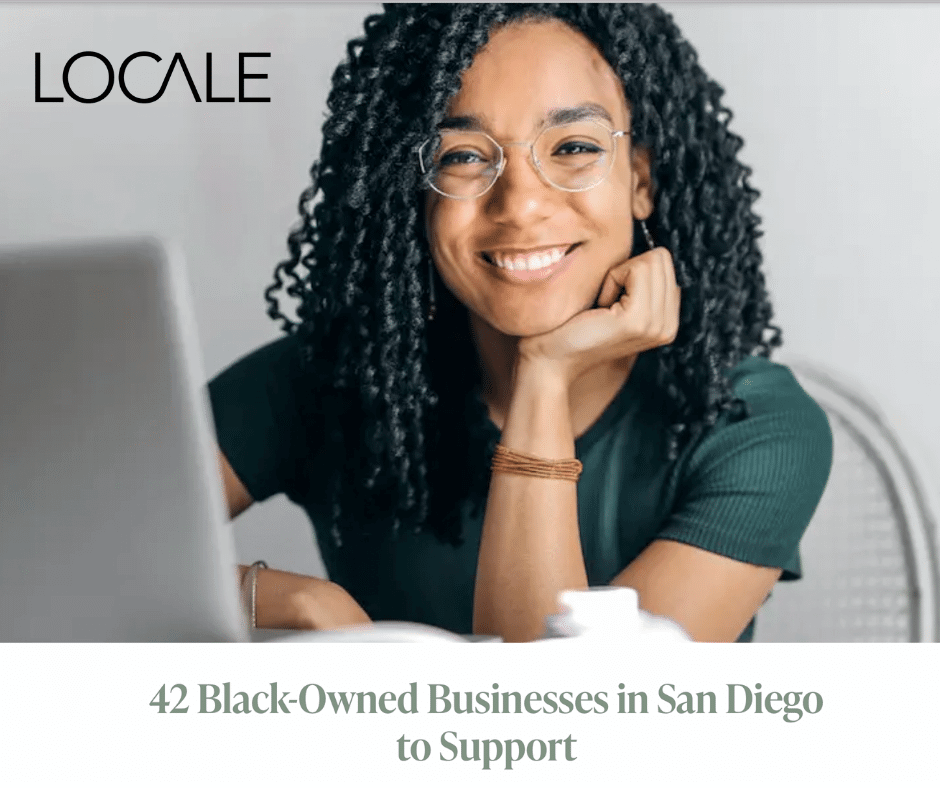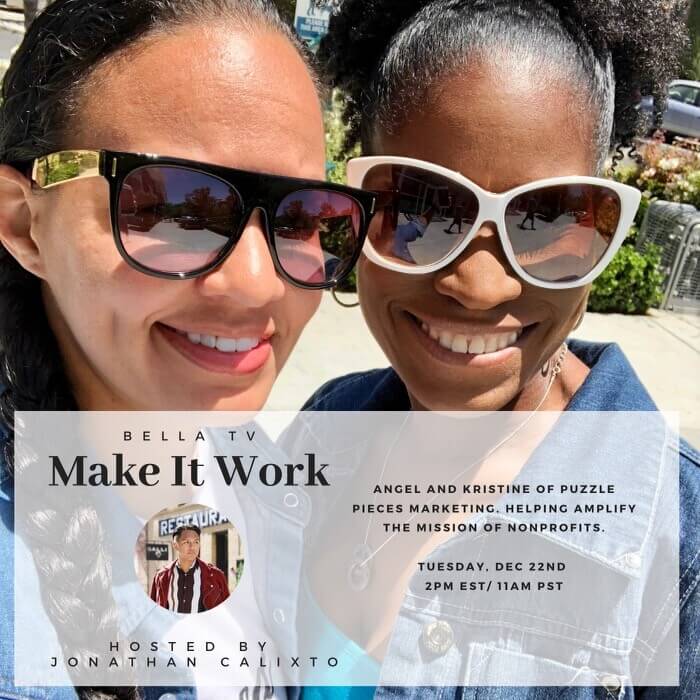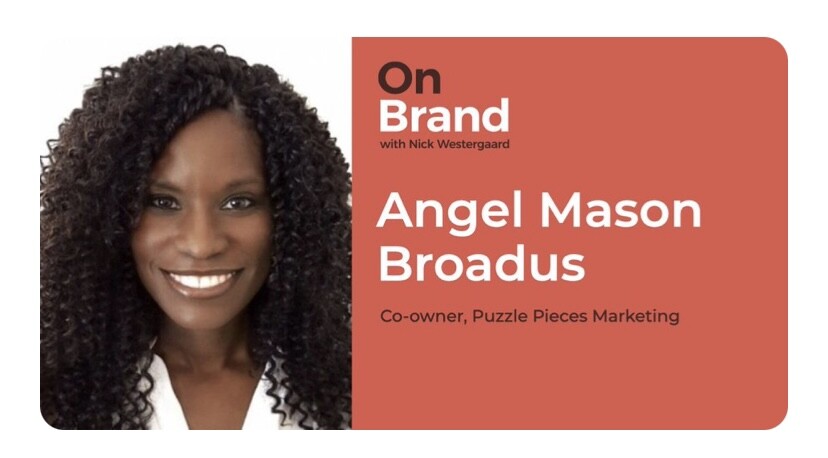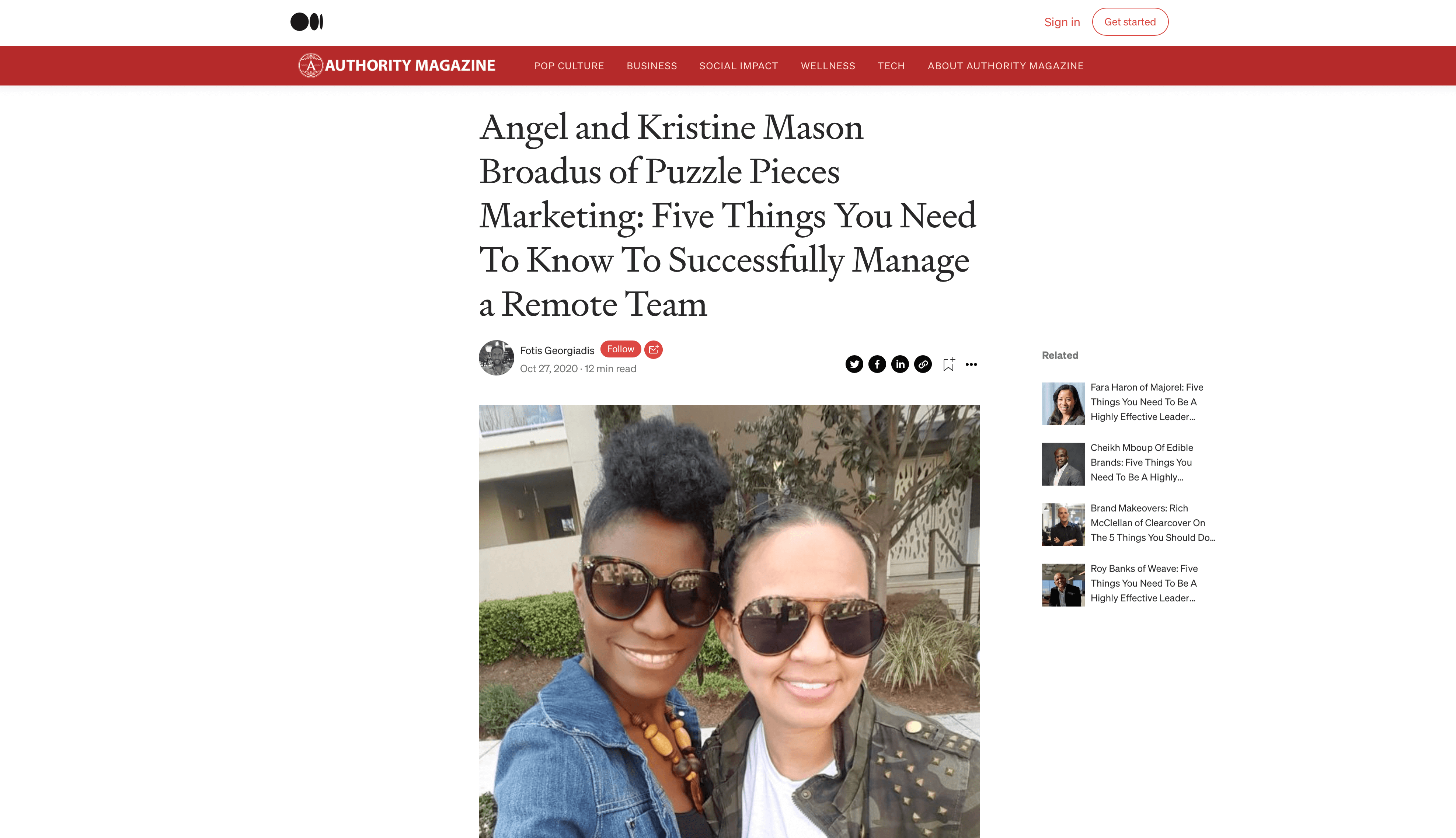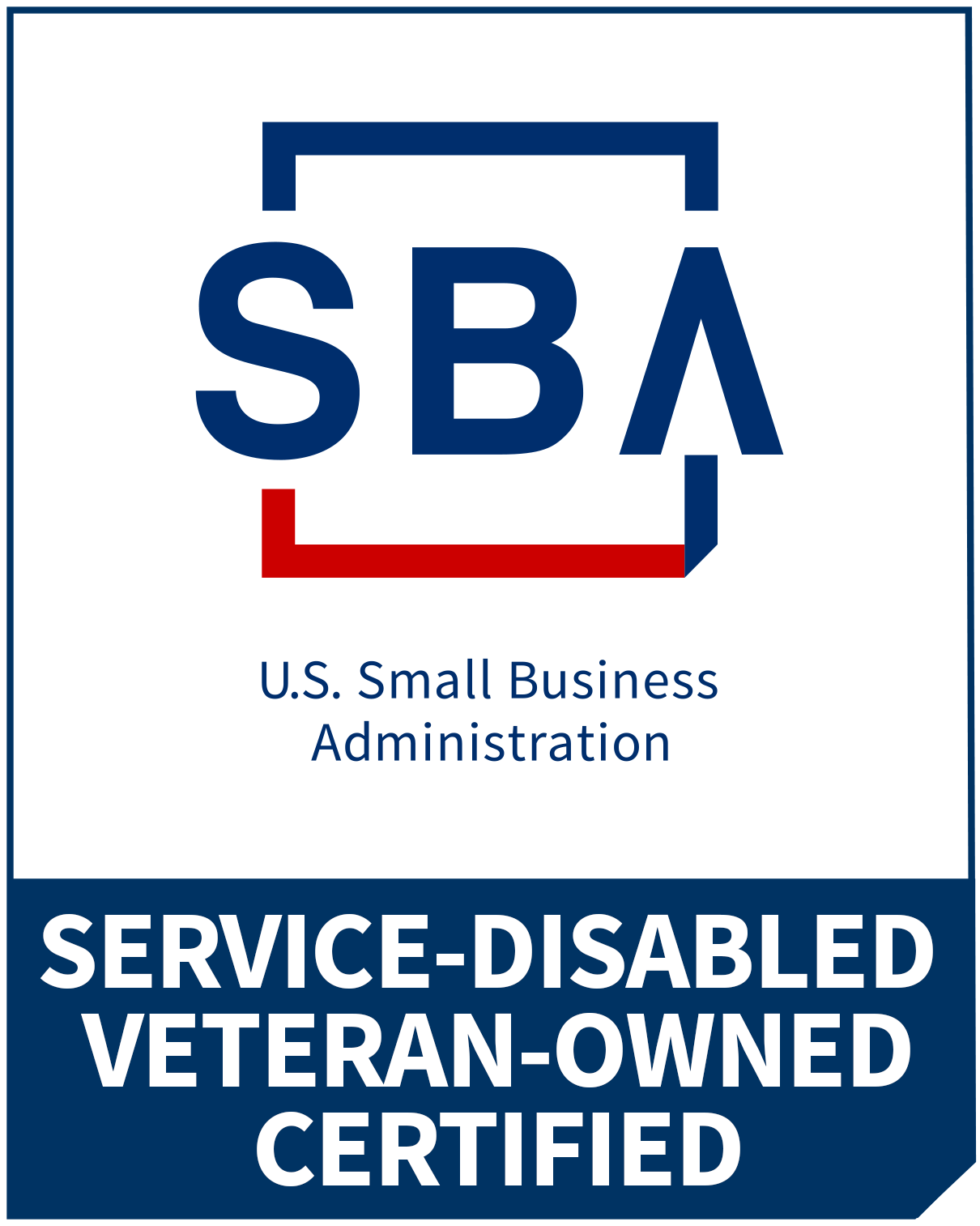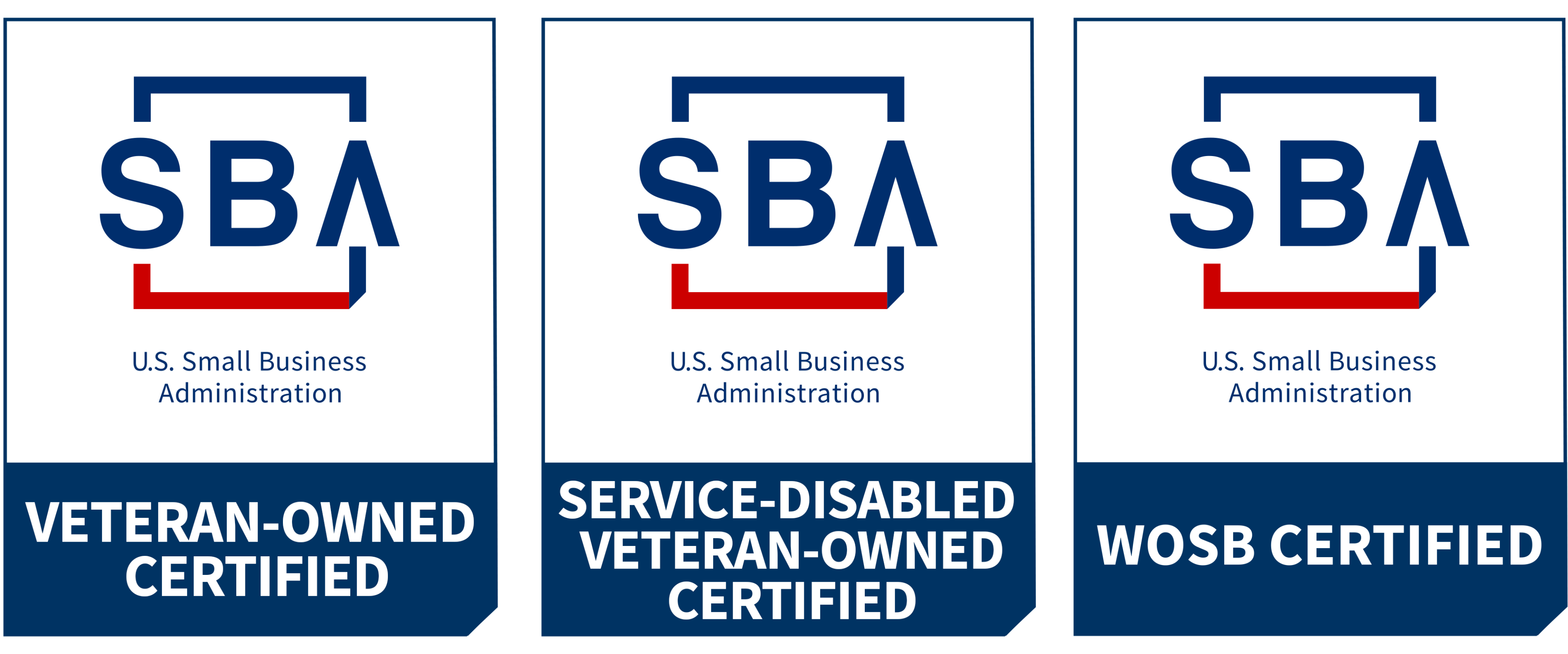My Heartfelt Conversation and Experience with Racism
Yesterday (June 11, 2020) I was interviewed by NBC7 and given the opportunity to have a candid conversation about racism and my experience of as one of the Black business owners in San Diego county.
I was grateful for the time and was pleased with the outcome of the broadcast interview and the article they posted online. With time being so limited, I didn’t expect they would air the entire interview. Of course there were things discussed during the interview that didn’t make it in the final cut. We covered topics that I think are important and I still want to share them with you.
I’m NOT a Petting Zoo
Let’s start with something that should be so obvious, but it’s clearly a lesson some white people still have yet to learn. It may have seemed somewhat out of context, but there is one section in the interview where I mention white women touching my hair.
The conversation started because Steven Luke, the NBC7 anchor, asked if there were times that I felt as if I’m treated differently; when I’m dressed professionally compared to when I’m dressed casually, or just differently in general. ABSOLUTELY! There are times even in professional settings when random white women will just come up to me and touch my hair without even asking. I couldn’t imagine nor have I ever seen them just walk up and touch another one of their white colleagues’ hair without asking.
I understand that my hair looks soft and fluffy and grows towards God, you may be fascinated by it, but having my hair touched without consent carries the weight of historical injustices. Besides the fact that these micro-agressions are just rude and offensive, they also have deeply historical racist undertones. When random white women touch my hair, I feel powerless and left feeling like I have no authority over my own body. For centuries, Black women … Black slaves, as other people’s property, were put on display for white slave owners to poke and prod.
The sense of entitlement someone must feel to just casually touch a black woman’s hair, only perpetuates the notion that we (Black women) are some sort of oddity or someone else’s property to do with as you please. It’s OK to admire from afar. It’s even OK if you have a Black friend with whom you’re comfortable asking to touch their hair.
As Tabitha Brown, Black Actress and Vegan Foodie, would say, “that’s your business”. But random white women, please just stop with the obsession and fetishizing over our blackness. Stop taking your liberty to just grab me without my permission. We’ve faced so much racial discrimination about our natural hair that laws needed to be passed to prevent such discrimination. Something that may seem so trivial to you, may be very offensive to Black people or other minority groups whose history you may not understand.
We’re Really Not THAT Different
I recently read a comment made by a local elected official that I am still having a difficult time moving past. I honestly believe the statement was made in good faith, but I still found it offensive and troublesome especially coming from someone in a position of power. The statement was in reference to the recent murder of George Floyd. It read something to the effect of, “It makes me sad to see someone killed just because they look differently than any one of us”. I found the statement problematic for a couple of reasons. George Floyd and the countless other unarmed Black people killed by police aren’t different than “any one of us”. They are US. They look like me.
White people, continuing to see us as being different than any one of you, is part of the problem. Distancing yourself from us opens the door for you to also dehumanize us. Your distance makes this our problem and not yours. These murders and incidents of police brutality then become individual occurrences to you and not an issue of systematic racism that we ALL need to work towards addressing.
In addition, when we bring these offensive comments to your attention, please take the time to listen and learn. Don’t use the defense that you have a Black neighbor, friend, (insert personal relationship to a Black person here) as your defense as to why you’re not a racist. Calling someone a racist is very different than pointing out what can be interpreted as an insensitive racial comment. Start being less defensive, open your ears and just listen, and stop using your Black friend as your prop.
Supporting Black Business Owners
We’ve mentioned this in a previous blog and on our social media accounts. I’m speaking to businesses or organizations that have courted our Black-owned business. You especially, need to be doing and saying something about the racial injustices that the Black and other minority communities are experiencing. We are listening and we are watching. Black business owners are taking mental note of your words and what you’re doing to put action behind those words.
Now is the time and your opportunity to support Black-owned businesses. Do the work to research and actively seek out minority and Black-owned businesses with whom you can partner and support. It’s time to invest in our communities. Donate to nonprofit organizations that support Black and minority causes. If you’re not willing to tell us that our Black lives matter or unwilling to do the work to prove it, you’re sending us the message that our money doesn’t matter either.
A Time To Grieve
An interesting question was posed to me during the interview. I was asked about something he called a “grieving period” and if I agreed that we needed one. Steven mentioned a statement a local pastor recently made about needing to take some time to grieve in order to make long-lasting progress. Instead of just jumping right into the “working on a solution phase” of this movement, he proposed that we needed to take some time to grieve. Time to grieve and really experience the negative emotions we have as a result of racial injustices. I thought about the question for a few seconds before I answered because I found it to be a really interesting perspective. Then I answered with, “I personally DO NOT need a time to grieve”. I’ve been grieving. We (Black people) have been grieving for centuries. I’m tired of grieving. I’m ready to do more of the work! I’ve been ready.
If white people need to grieve to experience the pain we’ve been experiencing for generations, let them. Let them have their time to grieve, but they better do so while doing the work. I’m not waiting for them to grieve while we continue to delay our progress and continue to be denied our justice and equality. It’s time to get to work white people. Grieve while you do the work. We listed a few organizations in previous blog that you can support. There’s a lot of it that needs to be done. Let’s go!


